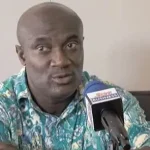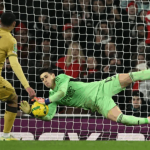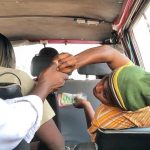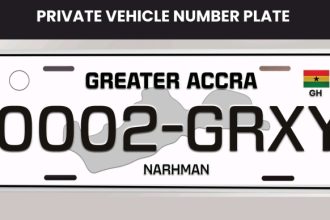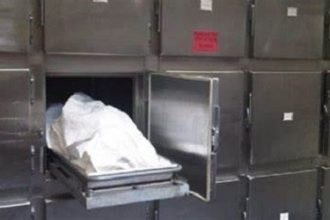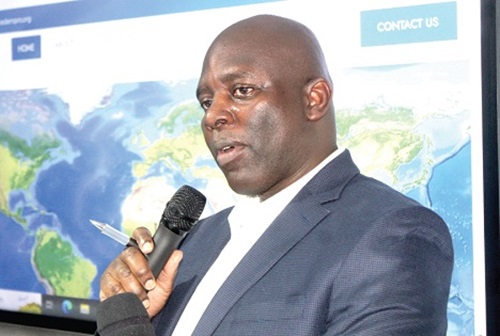Former Member of Parliament for Bolgatanga and 2020 presidential candidate for the People’s National Convention (PNC), David Apasera, has expressed concern over the financial burden placed on lawmakers by constituents.
According to the politician, MPs are financially overburdened by constituents to the extent of seeking financial assistance like loans from banks, to be able to seek re-election which he strongly backlashed.
In an interview, the former lawmaker cited instances where constituents sometimes request money from MPs for their marriage ceremonies, naming ceremonies, burial services, school fees, and other social demands.
“When you are elected as an MP, you have a whole lot of issues to solve with your salary. So if there is any outdooring in your constituency, you are invited. Constituents have funerals you are invited. Your constituents are in the hospital, you are invited. Whatever the problem in your constituency, you are being called upon, imagine if your constituency is big and you have visitors coming to you, all is in your salary and then you come out of that.
“How much can you save?” he questioned.
He continued, “You can’t save anything. It becomes like a weekly cycle of expenditure from only your salary and nothing else.
“And when you finish and come out, the ex gratia you are going to get, if you decide to get out of Parliament, then that’s fine but if you decide to contest again, the only thing you have is your ex gratia”.
As of 2021, a monthly salary of GH¢28,893 was paid to a Deputy Minister – MP and the Second Majority Whip as well as a Deputy Regional Minister – MP, whilst the Second Minority Whip and Chairman of the Council of State receive a monthly salary of GH¢28,455.
MPs are paid GH¢28,017 monthly followed by Deputy Ministers and Deputy Regional Ministers who are not MPs with a salary pegged at GH¢27,579.
Mr. Apasera reiterated in the interview that although MPs are paid such salaries, they are compelled to go for loans to contest another election if they are willing to return to Parliament.
“So you go to the bank and take a loan against your ex gratia and then you go and spend it to be elected.
“If you are to come back, if you don’t have money to campaign no one will elect you” he noted.
He added that MPs are perceived by the constituents as wealthy people, and living comfortable lives with their families.
“If you tell your constituents that things are hard no one will believe you. They will tell you they supported you, toil for you. You can’t convince them that you are dry because they see you in Land Cruisers and not emaciated and you don’t have money?
“Nobody is going to believe you” he added.
Another MP who waded into the discussion on the welfare of lawmakers and how constituents are draining their purse is the incumbent Member of Parliament for Pusiga, Laadi Ayii Ayamba.
She underscored that many constituents call on their MPs to support them financially during naming ceremonies, funerals, and marriage ceremonies.
It will be recalled that the Member of Parliament for Zebilla, Cletus Avoka recently justified the allegation of corrupt practices leveled against lawmakers, citing that it is due to the financial burden placed on MPs.
He emphasized the importance of media understanding, noting that the financial burdens placed on MPs, such as requests for healthcare expenses, wedding contributions, and school fees, contribute significantly to the perception of corruption.
Regarding the pervasive belief that all MPs are corrupt, Mr. Avoka agreed, underscoring the necessity for MPs to seek additional resources to maintain their seats, often resorting to external activities to generate income.
“Everyday MoMo. Everyday MoMo. Somebody is sick and has to go to the hospital, you have to send money, somebody is going to do a wedding you have to send money, they are going to do outdooring, they are asking for you. They are asking for school fees and whatnot,” he said.
“Many of us lose the election or Primaries not because we are not doing well but because we’re not giving money out. How do you give money out if you come and stay in parliament for 8 hours debating? You’re debating for 5 or 8 hours, you go home in the evening to sleep, and the following day you have no money to send. You have to go out and look for the money”.





